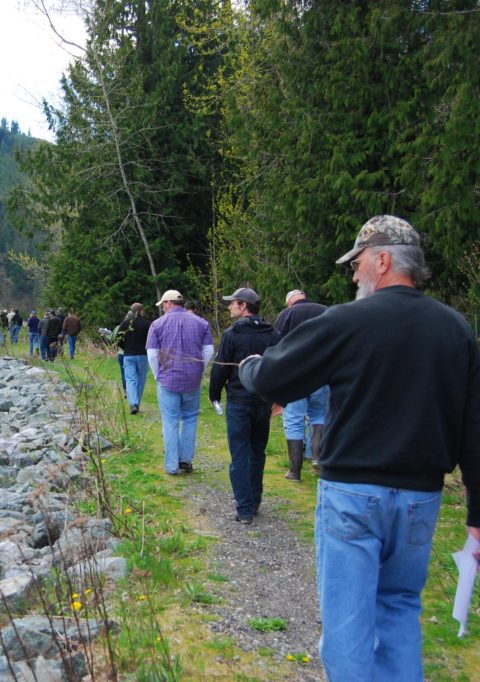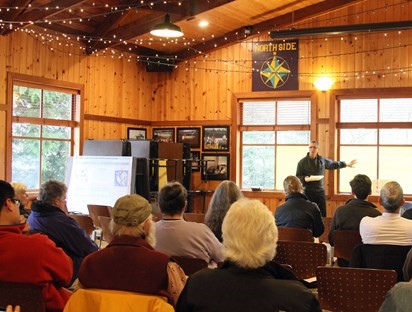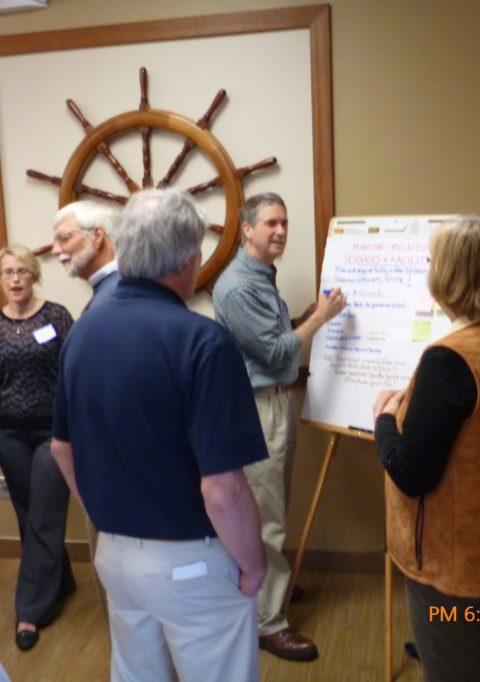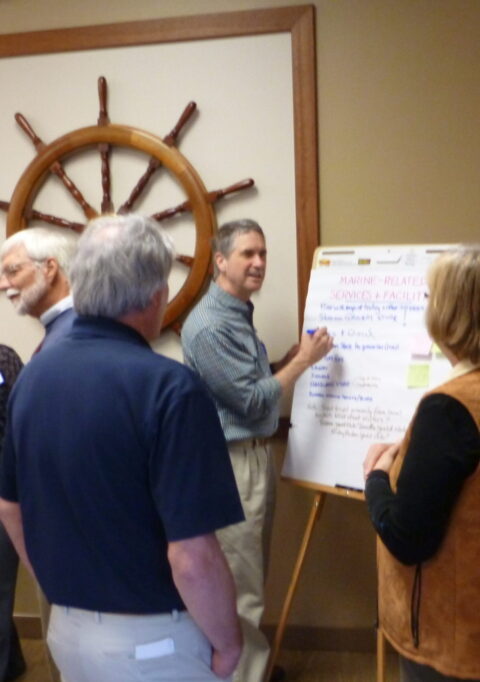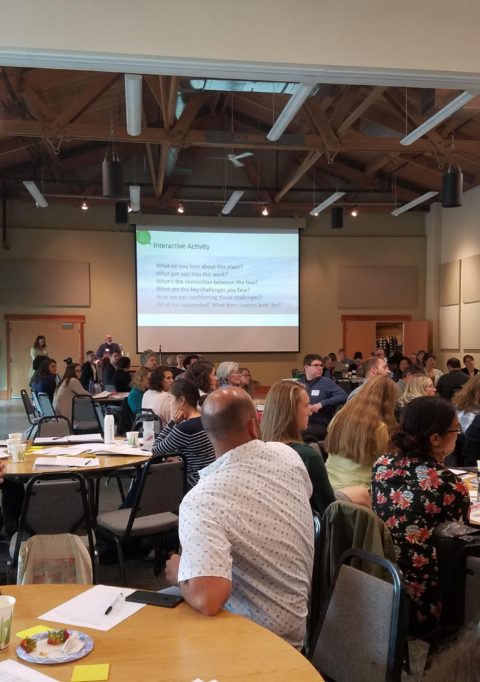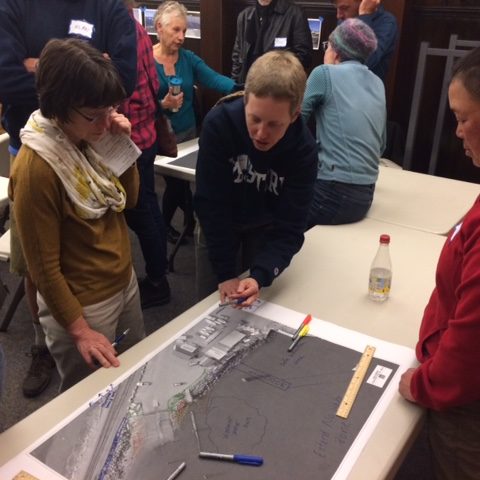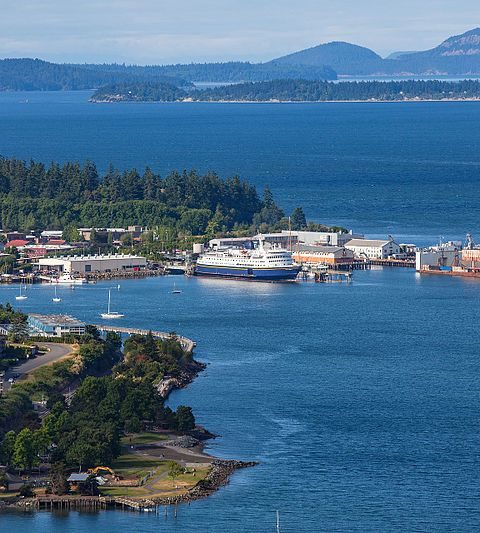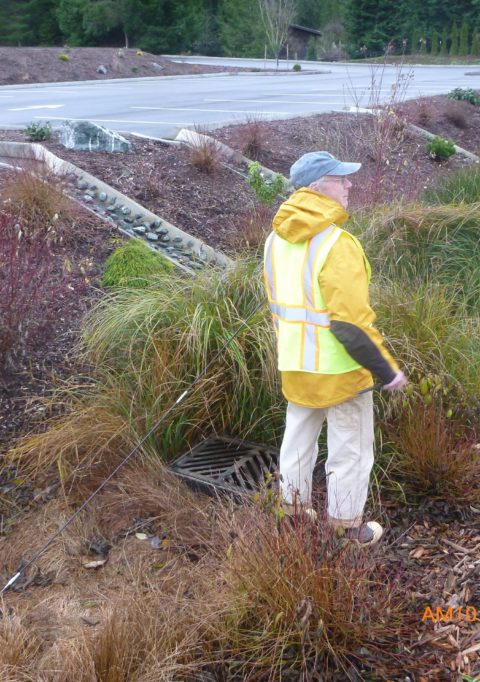Vancouver, Wash. – Maul Foster & Alongi, Inc. (MFA), a leading Pacific Northwest multidisciplinary firm, is excited to announce the acquisition of Peak Sustainability Group, a respected Bellingham, Washington-based firm specializing in climate change and sustainability services. The acquisition of Peak reflects MFA’s ongoing commitment to environmental stewardship and sustainable business practices. This partnership enables MFA…
Peter Fisk’s Trends for the 2020s
It’s undeniable that 2020s will be a transformative decade that will “change every business, every community, every life.” Peter Fisk writes that “the changes in technology, and as a result in business and society, will be rapid, dramatic and profound.” The emerging themes are about changing societies, driven and accelerated by new technology. Fisk is a global thought leader and futurist; he writes an excellent blog that will get your mind spinning with possibility.
How we adapt to change will determine the outcome of the 2020s as well. A recent Harvard Business Review report identified the ability to adapt as the most important skill for business employees, more important than technical knowledge, communication skills or customer-focused problem-solving. Adaptability should be in everyone’s job description. The inability of individuals to adapt is magnified in a large organization, because every person who doesn’t adapt to change is a drag on the overall change efforts, making it less flexible and responsive to competitors.
According to the Harvard Business Review report (2017), their data indicates that in order to adapt and gain a competitive advantage, a company must have its antennae tuned to signals of change from the external environment, decode them, and quickly act to refine or reinvent its business model and even reshape the information landscape of its industry.
He speaks to the following emerging themes for the 2020s:
- Power redistributed: Rapid urbanization is redefining our world, the nature of markets and power of nations. 1.5 million more people will move to cities every week. This process is driving a global economic power shift from West to East, and placing ever-greater stress on the natural world.
- Consumption: Environmental threats are intensifying and this brings questions about the durability of existing business models. Public and private sectors will face ever greater pressure to act. A new age of increased accountability will challenge the balance of short-term priorities with long-term sustainability.
- Smarter Cities: The cities of the future will be smarter, exploiting technology to be cleaner and more efficient in their use of resources. Technology will fuse with humanity in new ways. Connective technology means that by 2020 there will be 7 times as many connected devices on the planet as people!
- Business Leadership: A trust deficit in society means that people are turning to businesses to show leadership. Generally, people have a declining faith in politicians, institutions and even religion, as illustrated by the latest Edelman Trust Barometer.








